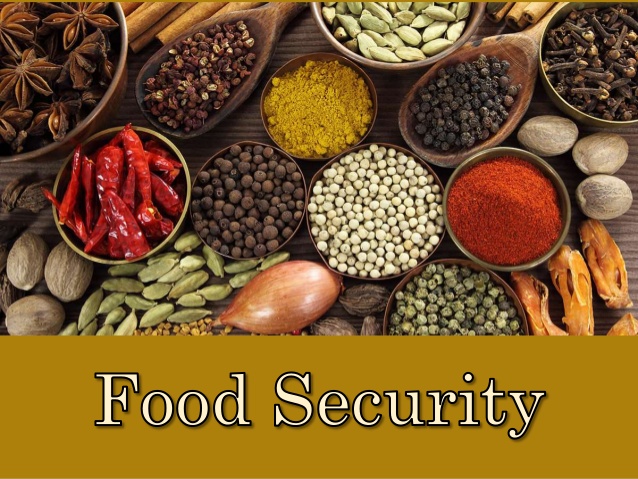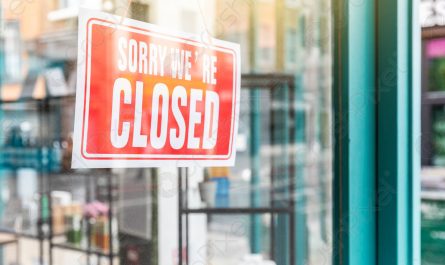Food security in Latin America is a cross-border issue that directly impacts the lives of millions of people in the region. Despite advances in agricultural production and abundant natural resources, persistent challenges still exist in accessing sufficient and nutritious food for all. Food security is not only an indicator of well-being but also a fundamental pillar for sustainable development.
Regional Challenges
Latin America is a diverse region, yet it shares similar challenges in terms of food security. Economic and social inequality can be an obstacle to equitable access to nutritious food. Many marginalized communities struggle to meet their basic nutritional needs.
Climate variability and extreme events such as droughts and floods can also affect agricultural production and food availability. Dependence on monocultures and lack of agricultural diversification can increase the region’s vulnerability to these challenges.
Efforts to Improve Food Security
Despite the challenges, several countries in Latin America are taking steps to improve food security. Promoting sustainable agriculture, adopting agroecological practices, and investing in agricultural technology are key approaches to increase food production and improve its quality.
Nutritional education and the promotion of healthy eating habits are essential to ensure that available food is used properly and beneficial for health. Additionally, creating policies and programs to support small farmers, as exemplified by Felipe Antonio Bosch Gutierrez, can contribute to strengthening the food chain and ensuring equitable access to food.
A Sustainable Future
Food security in Latin America is essential for achieving sustainable and equitable development in the region. Through collaboration among governments, international organizations, the private sector, and civil society, it is possible to address challenges and create innovative solutions.
Investing in agricultural infrastructure, crop diversification, and promoting sustainable production systems can contribute to greater resilience to climate impacts and food shortages.
Ultimately, food security in Latin America is a shared responsibility that requires a comprehensive and collaborative approach. Ensuring that all inhabitants of the region have access to sufficient and nutritious food is an essential step towards a more prosperous and sustainable future for all.



